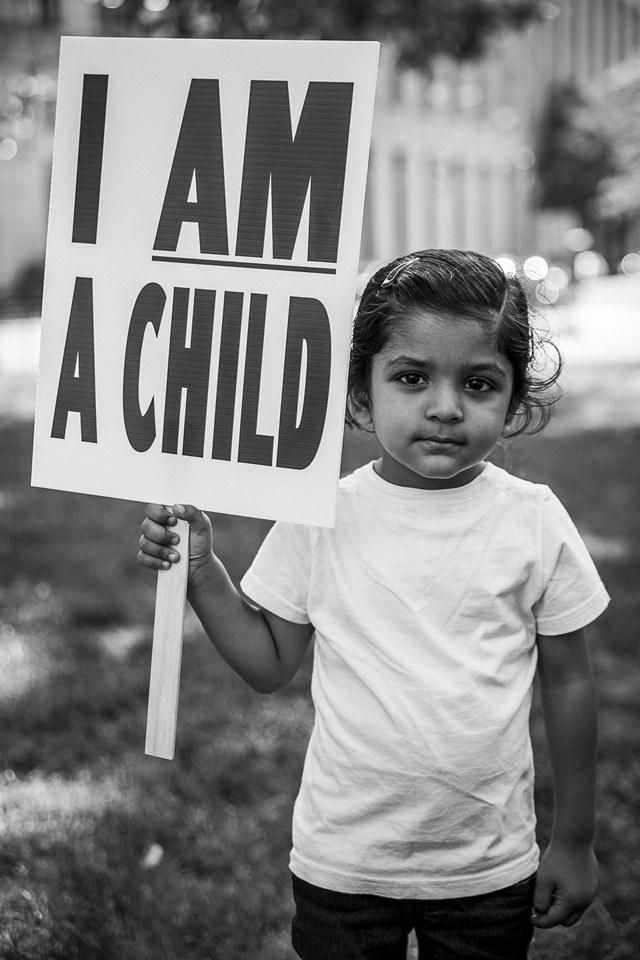The immigration-related orders address border security, asylum regulations, refugee admissions, birthright citizenship, and federal enforcement partnerships, causing much confusion about what’s next. Executive orders are a tool used by U.S. presidents to direct the operations of the federal government. While they carry the force of law, they don’t create new legislation, override existing laws, or change the constitution or constitutional rights. Instead, they instruct federal agencies on how to implement policies and enforce laws that are already in place.
How Executive Orders Work
When a president issues an executive order, it’s published in the Federal Register, the official daily journal of the U.S. government. While agencies are required to follow the directives in executive orders, the implementation of the orders isn’t always immediate. Some orders may require agencies to develop new regulations or procedures before they can be enforced, which can take time.
If an order requires funding, it may also depend on Congress to allocate the necessary resources. Additionally, executive orders are subject to legal scrutiny and can be challenged in court if they are believed to exceed presidential authority or conflict with the Constitution.
Executive orders are also not permanent. A future president can revoke or amend them, Congress can pass laws that override them, and courts can block them if they are deemed unconstitutional. All this explains why simply signing executive orders doesn’t change the law overnight.
Recent Executive Orders on Immigration, Explained
During the first couple of weeks of his second term, Trump has signed multiple executive orders focusing on immigration policy. These orders address border security, asylum regulations, refugee admissions, birthright citizenship, and federal enforcement partnerships:
The Laken Riley Act and Guantanamo Bay
On January 29, 2025, President Trump signed the Laken Riley Act into law a week after Republicans, with the support of a minority of Democrats, voted to pass it. Afterward, Trump issued a separate executive order regarding Guantanamo Bay. This executive order instructs the Departments of Defense and Homeland Security to prepare Guantanamo Bay to detain up to 30,000 "criminal illegal aliens.".The order mandates the detention of undocumented immigrants who are arrested for specific crimes, including minor and non-violent offenses, such as theft and shoplifting.
Under this directive, the Department of Homeland Security is required to take custody of immigrants charged with these offenses. The order would expand an existing migrant detention center at the base, which has historically been used for those intercepted at sea, particularly immigrants from Haiti, Cuba, and the Dominican Republic.
The order also allows state attorneys general to sue the federal government if they can demonstrate that immigration policies are not being enforced effectively. Additionally, state officials may take legal action against the U.S. State Department to block the issuance of visas to individuals from certain countries. While the order calls for increased detention efforts, it doesn’t allocate additional funding to the Department of Homeland Security for implementation, which could pose logistical and financial challenges.
While the administration has stated that the facility will be used for individuals deemed to pose security risks, the move has sparked legal and human rights concerns. Human rights organizations and legal experts have raised questions about the legal framework under which detainees will be held, given Guantanamo Bay's history of legal complexities regarding detainee rights and due process.
Given the lack of funding, logistical obstacles, and legal complexities of this order, the likelihood of this order moving forward remains unclear.
Border Security and Enforcement Orders
President Trump has also issued executive orders aimed at increasing security along the southern U.S. border. The order "Declaring a National Emergency at the Southern Border of the United States" declared a national emergency at the border, authorizing the deployment of military personnel to assist Border Patrol agents. It also directs the construction of additional physical barriers and the use of unmanned aerial systems for border surveillance.
Another executive order, "Securing Our Borders,” mandates the detention of all undocumented individuals until their immigration cases are resolved. It also calls for criminal charges against those who aid unauthorized migrants and ends parole programs for migrants from certain countries, including Cuba, Haiti, Nicaragua, and Venezuela. The administration has framed these measures as efforts to curb illegal immigration, though they’re expected to face legal challenges.
Refugee and Asylum Restrictions
Another set of executive orders has significantly restricted access to processes for those seeking asylum in the U.S. The executive order titled "Realigning the United States Refugee Admissions Program" indefinitely suspended the U.S. Refugee Admissions Program (USRAP) since January 27, 2025. The suspension will be reviewed every 90 days to determine if resuming admissions aligns with U.S. interests and there are case-by-case exceptions for those deemed to be in the national interest. The order has resulted in the immediate cancellation of refugee flights, affecting approximately 10,000 refugees who had already completed the vetting process and had travel scheduled.
The executive order "Guaranteeing the States Protection Against Invasion" effectively blocks asylum claims at the southern border, invoking Article IV of the Constitution as justification. The order suspends entry and eliminates the right to seek asylum for migrants "engaged in the invasion across the southern border.” "Invasion” isn’t defined but implies that the border is overrun with impermissible entries. Courts have consistently ruled that immigration, even in large numbers, does not constitute an "invasion" under the Constitution. Additionally, while numbers increased significantly in some years, recent data shows a substantial decrease in encounters, contradicting the notion of an ongoing "invasion."
This executive order directs the Department of Homeland Security to immediately repel, repatriate, and remove illegal aliens across the southern border. It has led to a near-total restriction on asylum claims at ports of entry, with U.S. border agents instructed to summarily deport migrants crossing into the country unlawfully without allowing them to request legal protection.
Birthright Citizenship Redefinition
President Trump also signed an order redefining the criteria for birthright citizenship. The directive states that automatic citizenship will no longer be granted to children born in the U.S. unless at least one parent is a U.S. citizen or lawful permanent resident.
This order directly challenges the 14th Amendment of the Constitution and has already been met with legal opposition. Civil rights organizations and immigration advocates have filed lawsuits arguing that the order is unconstitutional and could create uncertainty for children born to parents with temporary legal status, such as those on student or work visas.
Judge John C. Coughenour has temporarily blocked this executive order from moving forward. Judge Coughenour’s ruling is part of a broader legal challenge to Trump's executive order, with at least five separate lawsuits filed by 22 states and various immigrant rights organizations nationwide.
Enhanced Vetting and Travel Restrictions
President Trump's executive order titled "Protecting the United States from Foreign Terrorists and Other National Security and Public Safety Threats" has reinstated and expanded extreme vetting measures for some visa applicants. The order directs the Secretary of State, in coordination with other agencies, to identify all resources that can be used to vet and screen foreign nationals seeking admission to the U.S. or already present in the country "to the maximum degree possible." It also orders these agencies to re-establish a uniform baseline for screening and vetting standards, consistent with what existed on January 19, 2021.
Moreover, it mandates evaluations and adjustments to existing regulations, policies, and procedures related to grounds of inadmissibility. This order is likely to face legal challenges, similar to previous travel ban attempts. Courts may scrutinize whether the order exceeds presidential authority or conflicts with existing laws and constitutional protections.
Federal-State Enforcement Partnerships
The "Protecting the American People Against Invasion” order focuses on increasing cooperation between federal immigration authorities and state and local law enforcement agencies. This directive withholds federal funding from jurisdictions that do not comply with federal immigration enforcement efforts.
It also expands the 287(g) program, which allows local law enforcement officers to act as immigration agents. Critics of this approach have raised concerns that it could lead to racial profiling and diminished trust in law enforcement among immigrant communities.
The Legal and Practical Challenges
Many of these executive orders are expected to face significant legal challenges. Efforts to redefine birthright citizenship, for instance, directly conflict with constitutional protections, while expanded federal enforcement partnerships could strain relationships between local and federal authorities. Additionally, funding remains a major obstacle, as several initiatives—such as increased detention and border security measures—require congressional approval for full implementation and are coming in with hefty price tags.
The broader impact of these executive orders will depend on how they’re enforced and whether they withstand judicial scrutiny. While executive orders provide a president with the ability to enact policy changes without congressional approval, their long-term effectiveness is often shaped by legal, political, and financial constraints.
While executive orders are an essential tool in shaping federal policy, they operate within limits. They allow presidents to act quickly on pressing issues, but they’re subject to checks and balances from Congress and the courts.
From Your Site Articles
Related Articles Around the Web





 Google search of “latino person” shows mostly brown and lighter-skinned people.
Google search of “latino person” shows mostly brown and lighter-skinned people.

